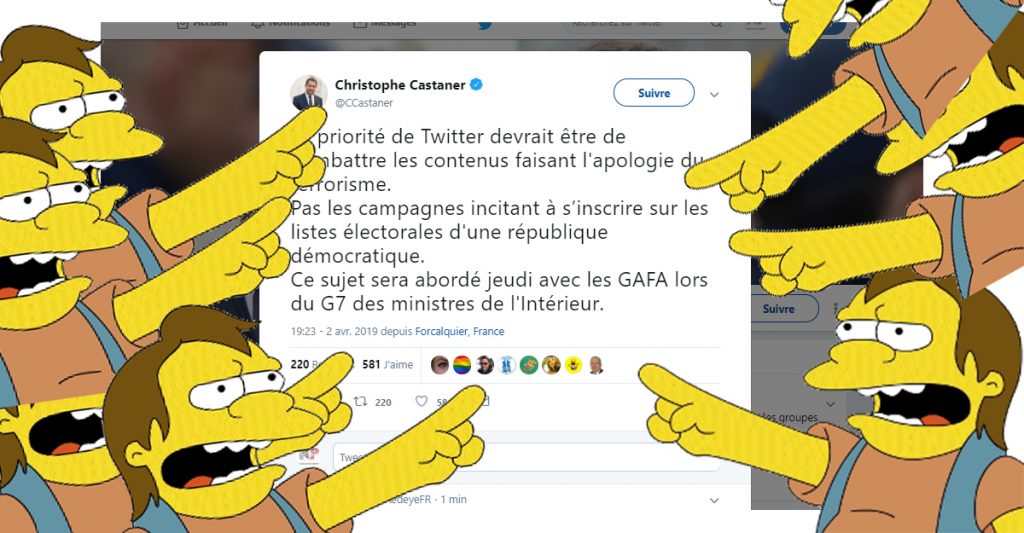

Granted, if you begin as a perfectionist, it’s not so easy to transform into a learner, but it’s not impossible. This can lead to catastrophizing (“If I bow the wrong way, I’ll blow this deal!”), which takes a toll and delivers little in return.įar more helpful - and enjoyable - is a learning mindset, where you see mistakes as learning opportunities and chances for improvement. For example, it can lead us to think that the goal of the cross-cultural encounter is to precisely mimic or “perform” the other culture, as if we are being graded on our performance. This psychological tightening makes it harder to be loose, spontaneous, and authentic, which is critical for building relationships in the first place.Ī perfectionistic, performance-oriented mindset can also make the situation feel more dire than it really is and lead to incorrect and counterproductive assumptions.
INADVERTENT LEGAL FAUX PAS HOW TO
The problem is that when we obsess over the possibility of making mistakes, or panic about how to recover, our thinking constricts.

It’s also hard if you operate with what psychologist Carol Dweck calls a performance mindset, where mistakes are perceived as evidence of your underlying limitations.

This is admittedly difficult - especially for perfectionists and those who have a lot on the line, like a member of a global sales team trying to close a deal. To start, reframe how you approach making mistakes, and accept them as inevitable side effects of working across cultures. Here is our five-step process for not only recovering from cultural faux pas but turning them into learning opportunities.ġ. However, when gaffes happen across cultures, they can leave you at a loss for what to do and how to respond. If the mistake happened in your own culture, you could quickly recover, because you’d have a grasp of the etiquette for apologizing. Maybe it was a joke that misfired, an unintentional violation of personal space, or a misreading of the context and cues that resulted in someone losing face. We’ve all been there: You’re talking to someone from another culture - perhaps while on a business trip or working with a colleague on a project - when you get a sinking feeling that you’ve made a mistake.


 0 kommentar(er)
0 kommentar(er)
